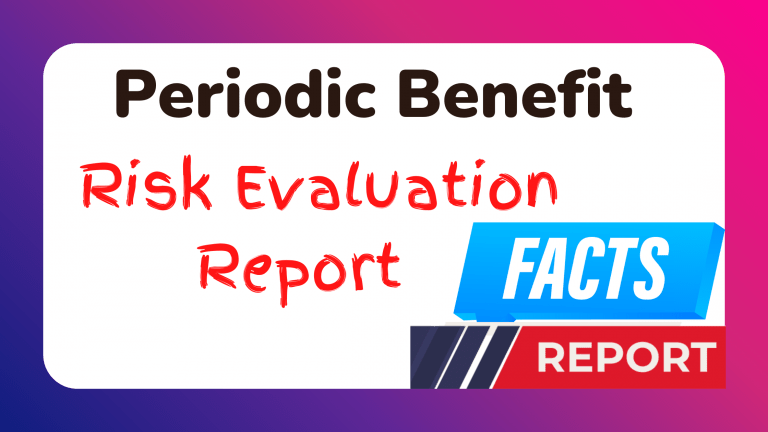The Importance of Pharmacovigilance in Drug Safety: Key Roles and Responsibilities
Introduction
Pharmacovigilance might seem like a big word, but it’s really important for keeping drugs safe. Pharmacovigilance means finding, understanding, and stopping bad effects from medicines. It’s super important because it helps protect people and keeps them healthy.
There have been times in history when drug safety was not so good, causing big problems. These events, like the thalidomide tragedy in the 1960s, show why we need strong pharmacovigilance. This blog post will help you understand more about what pharmacovigilance does and why it’s so important.
Understanding Pharmacovigilance
Pharmacovigilance is like a mix of science and art. It involves collecting information, analyzing data, and making sure medicines are safe. It’s all about finding bad reactions to drugs and making sure people can use them safely.
Pharmacovigilance is super important in the journey of making a new drug. It starts even before clinical trials and keeps going after a drug is on the market. Watching for bad reactions is important because it helps find risks early and keeps everyone safe.
The Evolution of Pharmacovigilance
Pharmacovigilance has grown because of lessons learned from past drug safety problems. The thalidomide disaster, which caused bad birth defects, made countries around the world create pharmacovigilance rules. Over time, these rules have made pharmacovigilance stronger and more complete.
Technology has also made pharmacovigilance better. New tools like big data and software help collect and look at safety data faster. These tools help find problems quicker and make pharmacovigilance work better.
Key Roles in Pharmacovigilance
Pharmacovigilance is a team effort. Different people do different jobs to keep drugs safe. Here are some key players:
Pharmacovigilance Officer:
They are like the leaders of watching drug safety. They make sure everything is correct, follow the rules, and talk to the team. Their job needs them to be very careful and smart in checking drug safety data.
Case Processing Specialist:
This person writes down reports about bad events. They use special tools to make sure they write it correctly. They work with others to make sure all reports are done right.
Regulatory Affairs Specialist:
They deal with all the rules and work between drug companies and the government. They make sure all the right information gets to where it needs to go on time.
Safety Data Analyst:
Using math and computers, they study data to find safety issues. They show their results to the team to help make good choices about drug safety.
Risk Management Expert:
They think of ways to lessen risks. They always watch how well the plans work and try to make the risks small.
Medical Reviewer:
These people look at bad events to understand them. They work with doctors to get ideas and make sure everything stays safe.
Signal Detection Specialist:
They find new problems with drugs. They keep an eye on drug safety data to make sure everything stays safe.
Crisis Management Coordinator:
If things go wrong, these people have a plan to fix them. They talk to everyone involved to solve the problem and, afterwards, think of ways to prevent it from happening again.
Responsibilities in Pharmacovigilance
The job of pharmacovigilance is big and has lots to do. They have to follow all the rules, keep track of bad events, and teach doctors how to do pharmacovigilance right. It’s about handling loads of data and being careful with private information.
Challenges in Pharmacovigilance
Pharmacovigilance is not easy! There’s a lot of safety data to handle. And because rules change, people must keep up with everything to make sure everything works well everywhere.
Future Trends in Pharmacovigilance
In the future, pharmacovigilance will use things like artificial intelligence to get better. These tools will help look at data and find problems more easily. More than ever, it’s important to think of patients first, listening to their experiences to improve drug safety.
At Pharmacovigilance Foundations, we want to share helpful info for healthcare workers so they can use pharmacovigilance every day. We aim to give you the know-how to notice and report bad events to places like the FDA.
Pharmacovigilance is important for keeping drugs safe around the world. Understanding who does what helps make healthcare safer for everyone.






